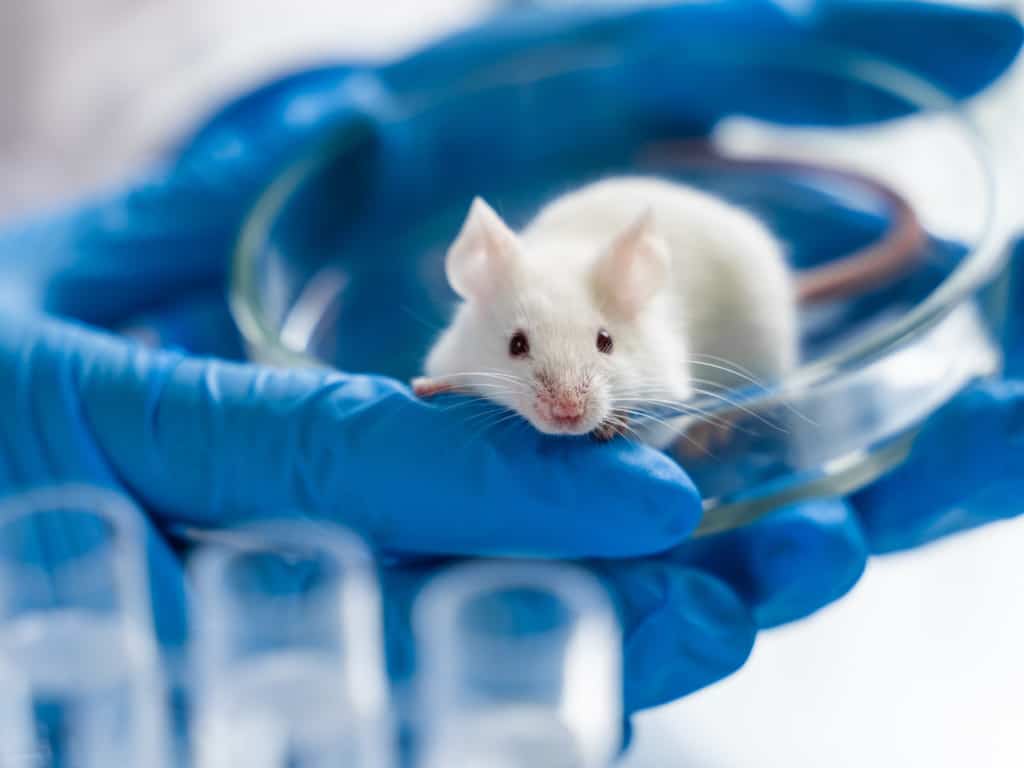The U.S. Food and Drug Administration (FDA) has announced it will be phasing out animal testing in the development of monoclonal antibody therapies and some other drugs, in what has been described as a “groundbreaking step to advance public health”.
Animal testing will be replaced with more effective, human-relevant methods, including AI-based computational models of toxicity and cell lines along with organoid toxicity testing in a laboratory setting. Where a drug has already been tested in humans, the FDA will also use pre-existing, real-world safety data from other countries with comparable regulatory standards. The new regimen will begin immediately for investigational new drug (IND) applications.
The approach is designed to improve drug safety, accelerate the evaluation process, reduce animal experimentation, lower research and development costs, and ultimately reduce drug prices. It is estimated that thousands of animals per year could be spared by the methods, while toxic effects that may go undetected in animals could be revealed.
The FDA will now work to update its guidelines to allow consideration of data from these new methods. Companies submitting strong safety data from non-animal tests may receive streamlined review, as the need for certain animal studies will be eliminated; this could incentivize more investment in modernized testing platforms.

“A paradigm shift in drug evaluation”
Through a variety of approaches, the FDA’s animal testing requirement will ultimately be reduced, refined, or potentially replaced altogether. Partnerships with federal agencies such as the National Institutes of Health, the National Toxicology Program, and the Department of Veterans Affairs will accelerate the adoption of modern drug testing methods through the Interagency Coordinating Committee on the Validation of Alternative Methods (ICCVAM).
Over the coming year, the FDA will launch a pilot program allowing select monoclonal antibody developers to use a primarily non-animal-based testing strategy under close consultation. Findings from an accompanying pilot study will inform broader policy changes. The FDA and federal partners will also host a public workshop later this year to discuss the agency’s roadmap for reducing animal testing, gathering stakeholder input on its implementation.
“For too long, drug manufacturers have performed additional animal testing of drugs that have data in broad human use internationally,” said FDA Commissioner Martin A. Makary, M.D., M.P.H. “This initiative marks a paradigm shift in drug evaluation and holds promise to accelerate cures and meaningful treatments for Americans while reducing animal use.
“By leveraging AI-based computational modeling, human organ model-based lab testing, and real-world human data, we can get safer treatments to patients faster and more reliably, while also reducing R&D costs and drug prices. It is a win-win for public health and ethics.”





